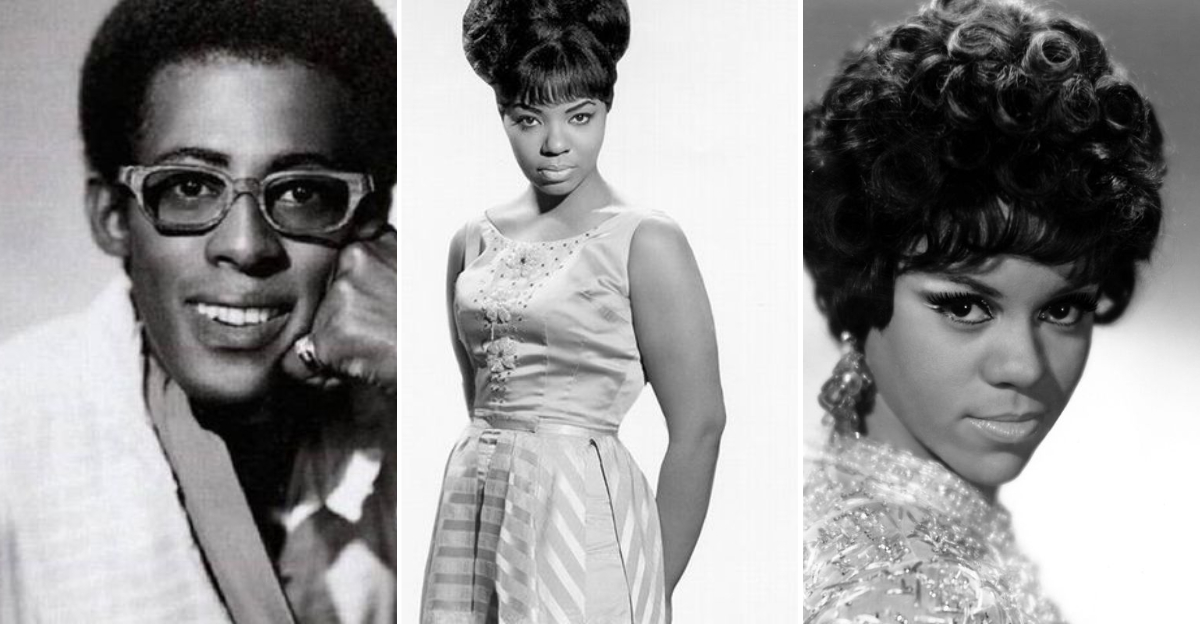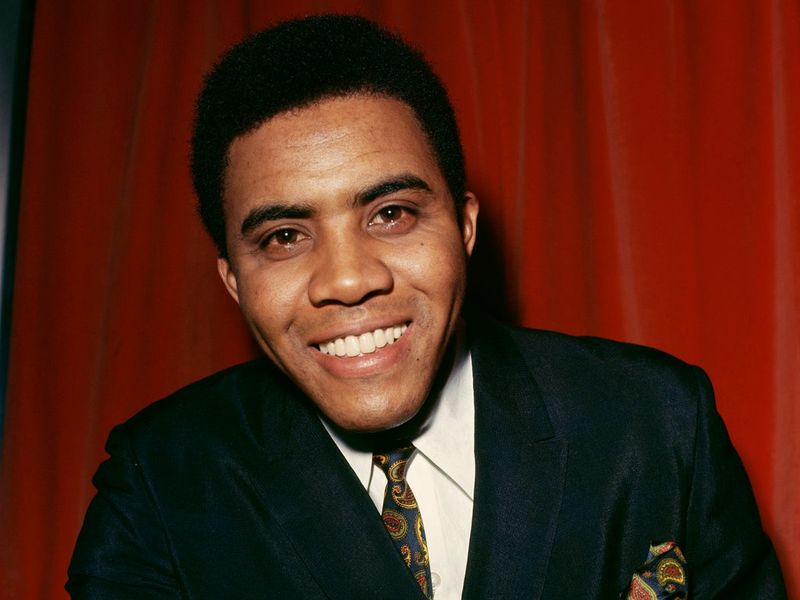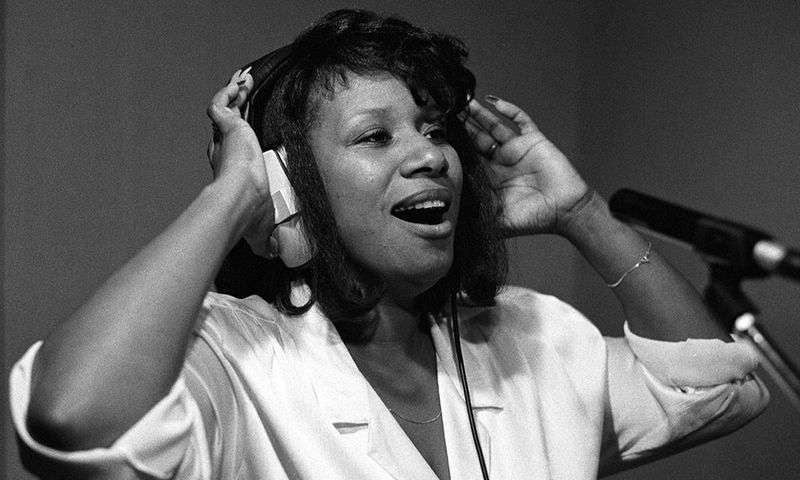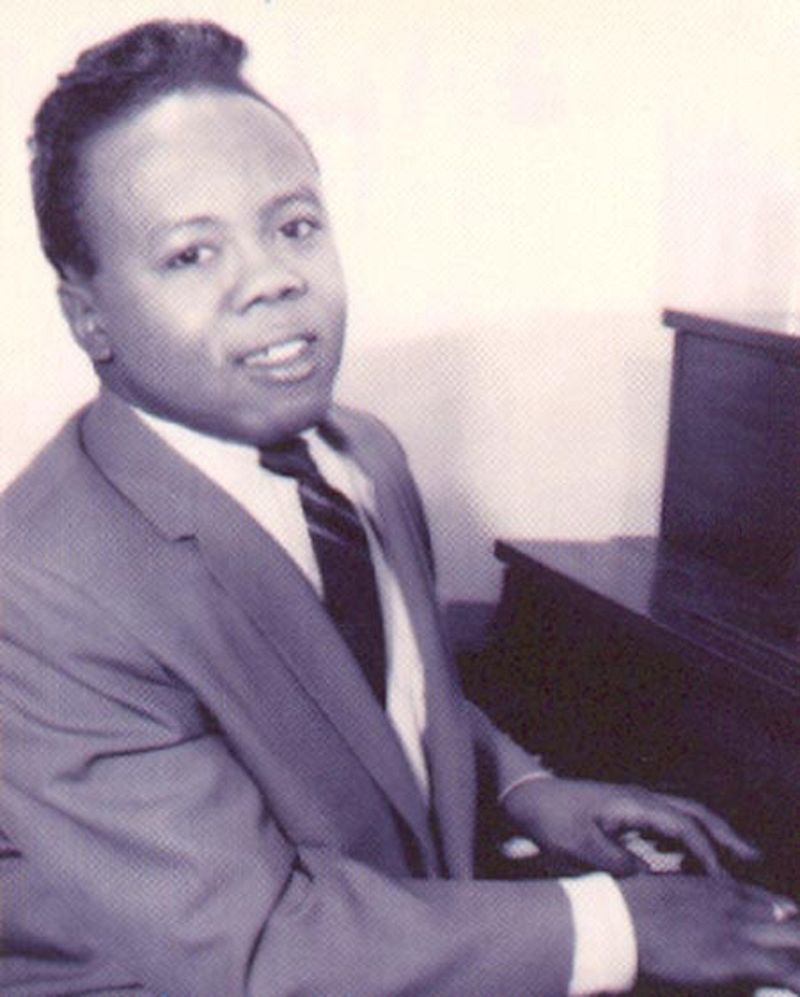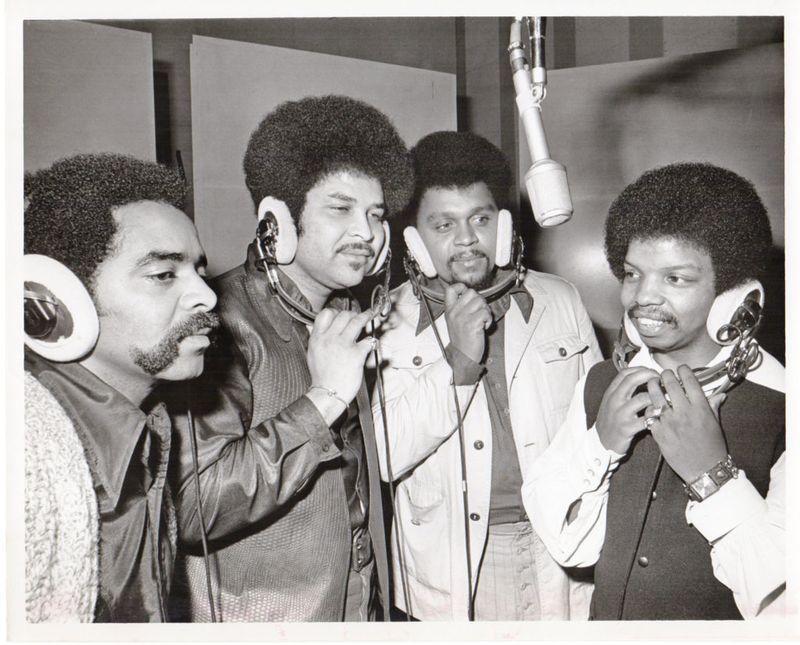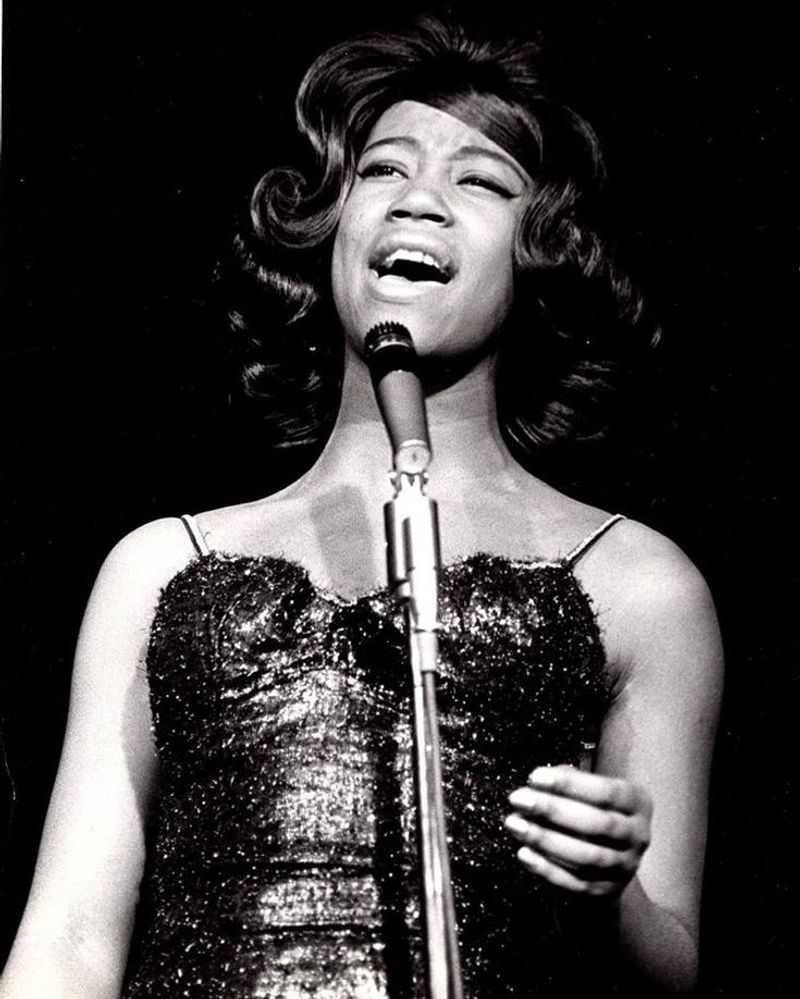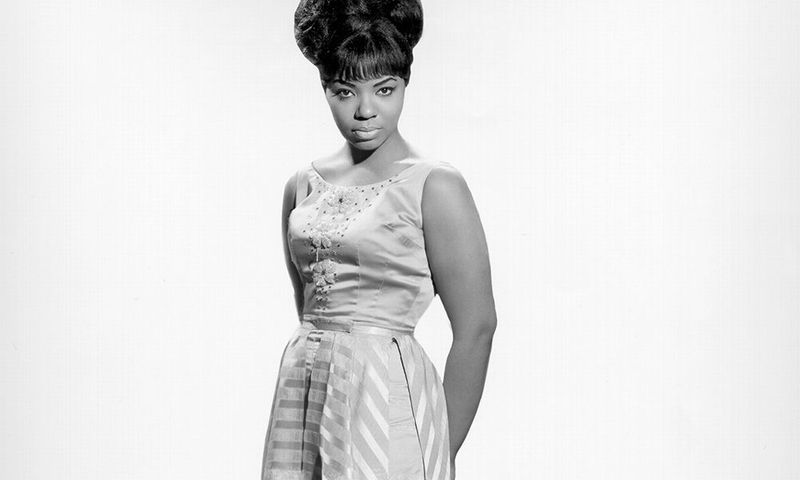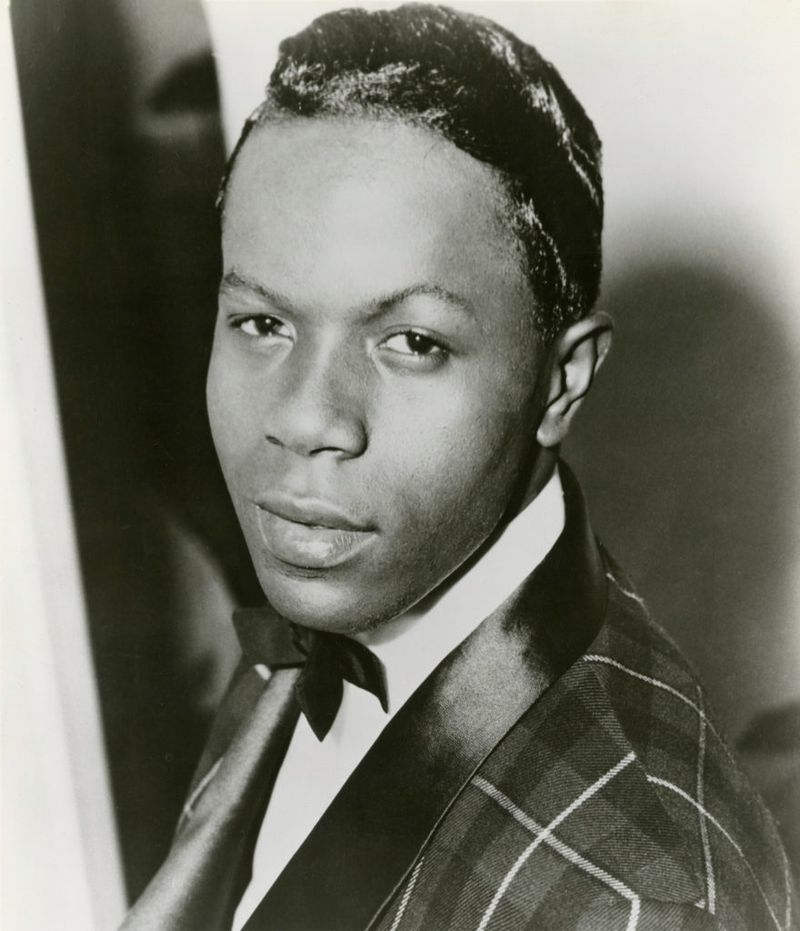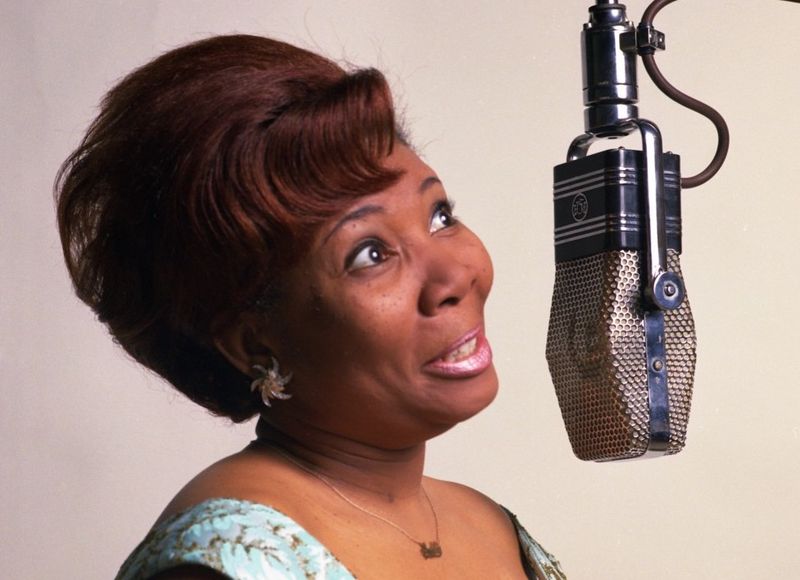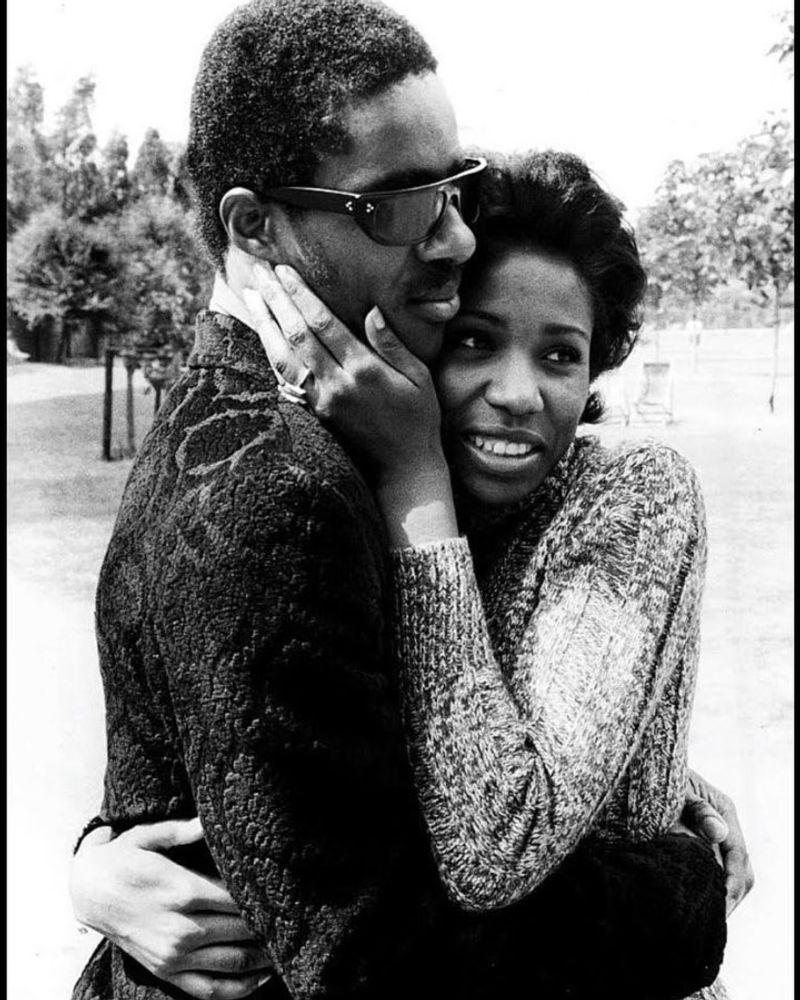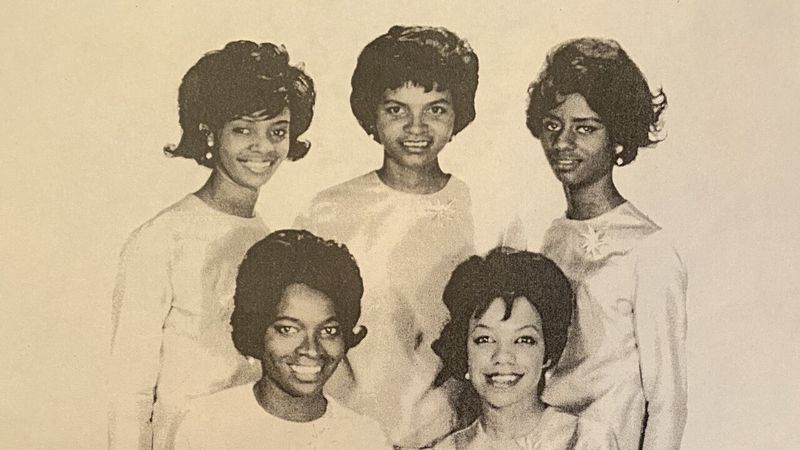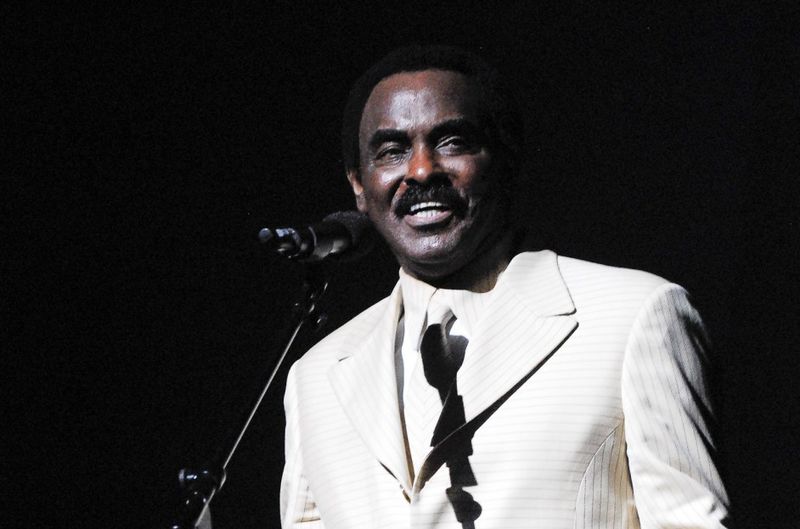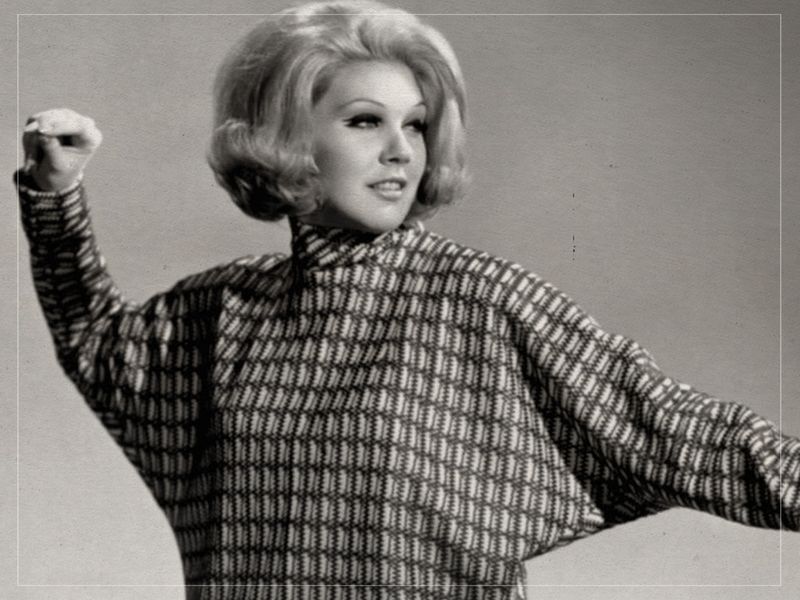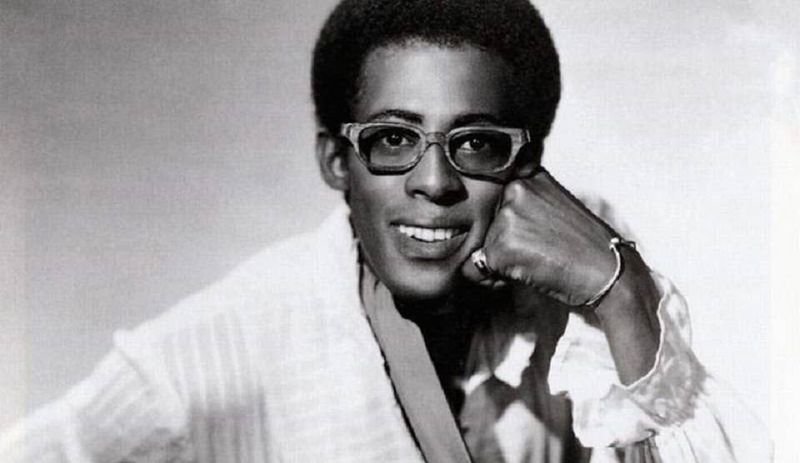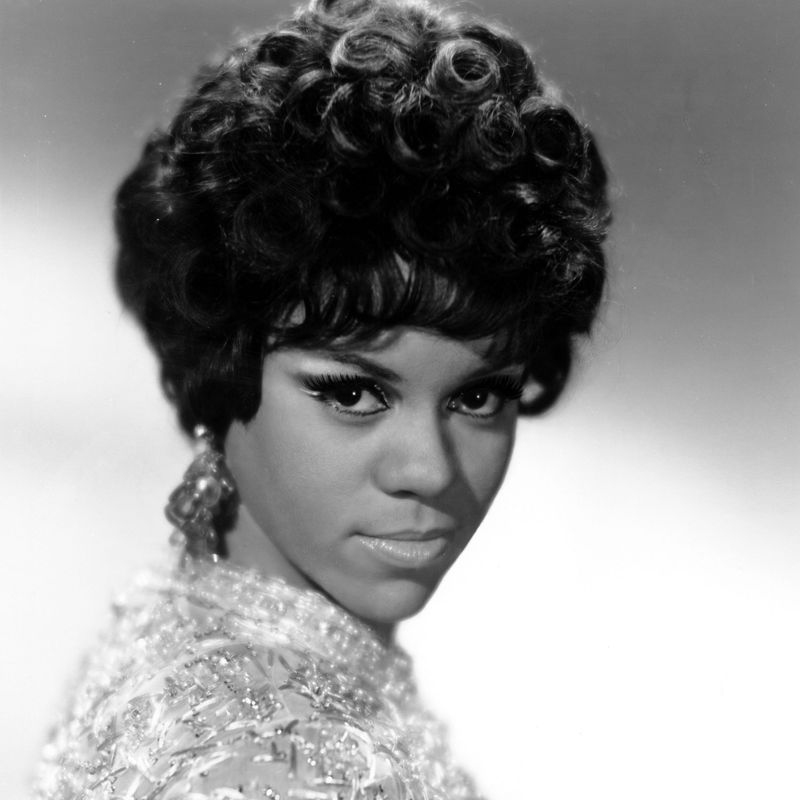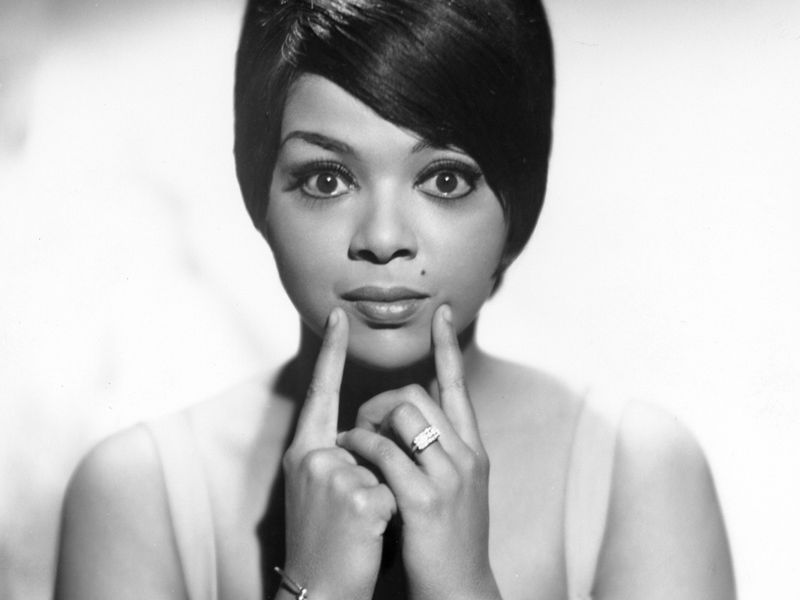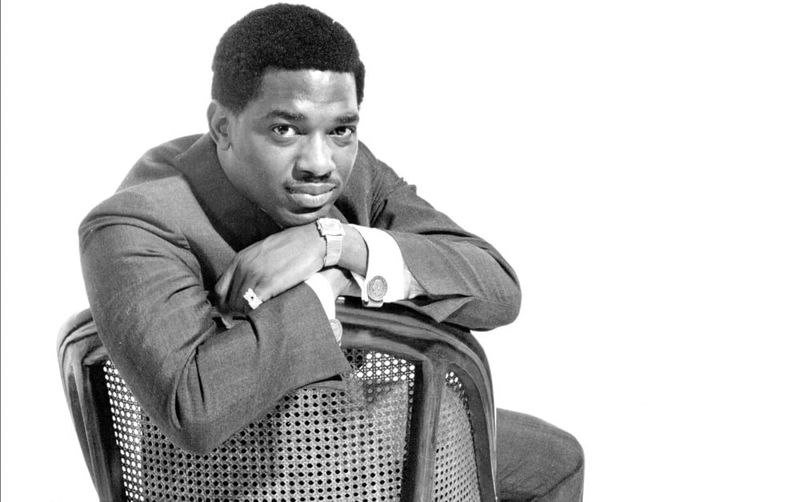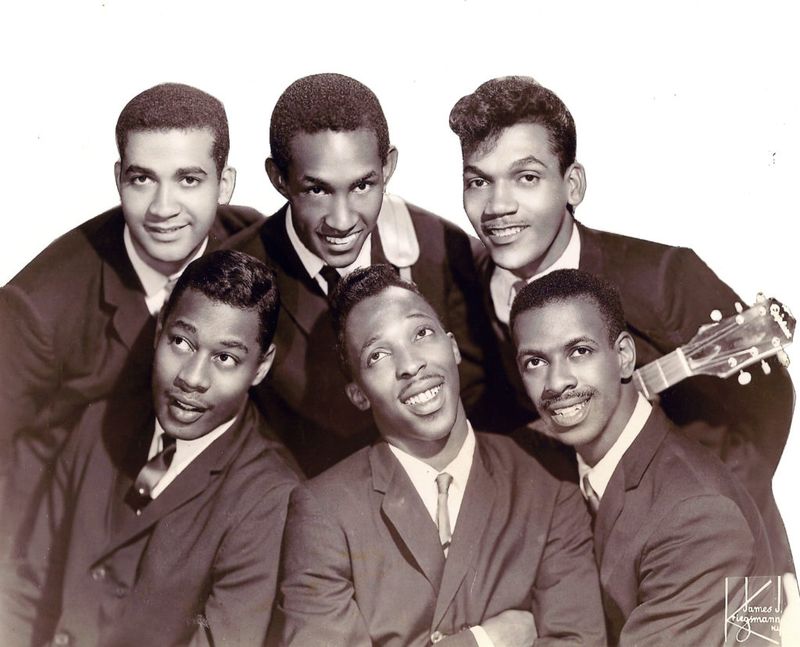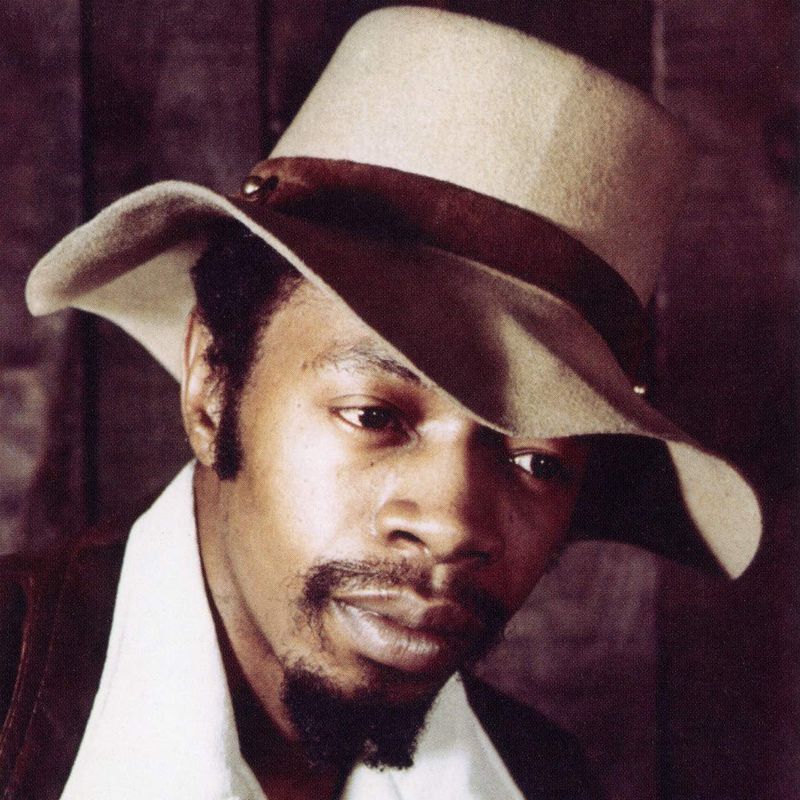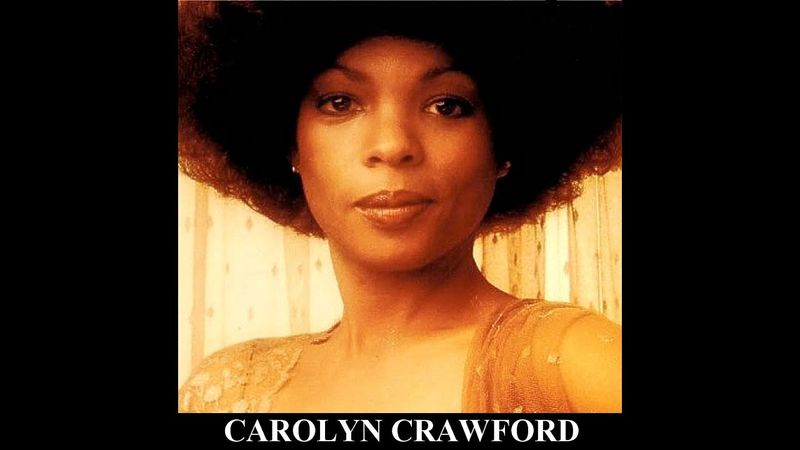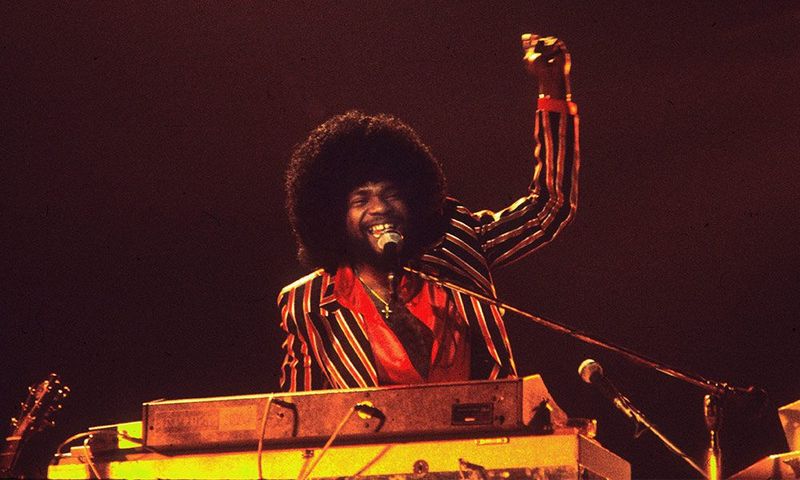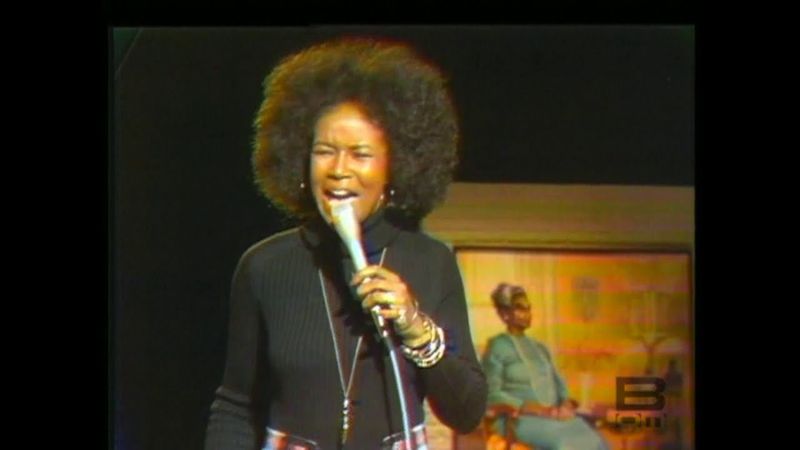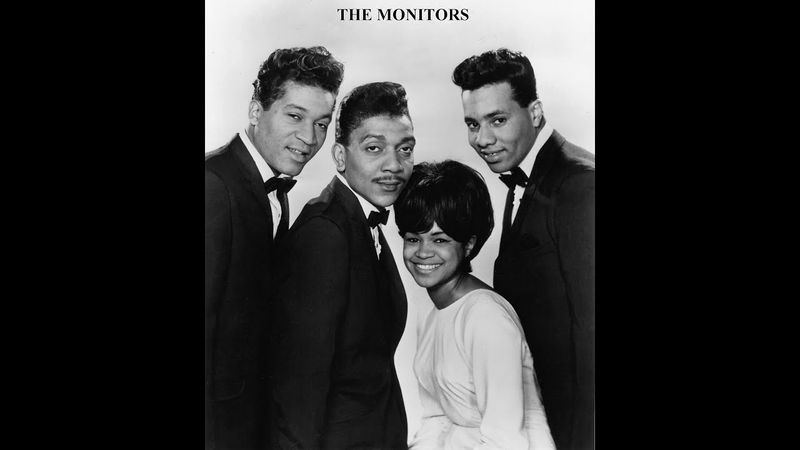Motown Records was more than a music label—it was a cultural movement that gave us timeless voices and unforgettable rhythms. But behind the gold records and dazzling performances, many of Motown’s brightest stars eventually slipped away from the spotlight. Some faded by choice, others by circumstance, and a few left us far too soon. Here are 22 Motown legends who once ruled the charts—and then disappeared into the shadows.
1. Jimmy Ruffin
Jimmy Ruffin, famous for the hit “What Becomes of the Brokenhearted,” had a voice filled with emotion and depth. His musical journey saw a decline as he stepped back from the limelight in the 1980s, choosing a quieter life in Las Vegas.
His soulful performances once resonated with many, capturing the essence of heartache and longing. Ruffin’s decision to retreat from fame was as enigmatic as the man himself.
Although no longer in the public eye, his legacy lives on. Ruffin’s voice still echoes through time, a testament to his impact on soul music.
2. Brenda Holloway
Brenda Holloway, the teenage sensation who enchanted fans with “Every Little Bit Hurts,” suddenly vanished from the music scene in the late 1960s. Disillusioned by the industry’s pressures, she left Motown to focus on gospel music and her family.
Her voice, a blend of strength and vulnerability, set her apart in the Motown family. Despite her retreat, Holloway’s brief but impactful career left a lasting impression.
Did you know? Brenda was one of the first female artists to write and produce her own music at Motown, paving the way for future talents.
3. Shorty Long
With a smile that could light up a room, Shorty Long brought joy through hits like “Here Comes the Judge.” Tragically, his life and career were cut short by a boating accident in 1969. Long’s music was infused with humor and energy, captivating audiences with every note.
His role as both singer and producer at Motown showcased his immense talent. Despite his short-lived career, Long’s influence endures in the realms of soul and R&B.
A fun fact: Long’s comedic approach in music inspired a wave of novelty songs in the 1960s.
4. The Originals
Once backing vocalists, The Originals stepped into the spotlight with their hit “Baby I’m for Real.” Though their moment of fame was brief, the group left a mark with their smooth harmonies and heartfelt lyrics.
Their transition from background singers to chart-toppers was a testament to their talent. However, as quickly as they rose, they faded into obscurity, overshadowed by other Motown acts.
Did you know? The Originals were among the first groups to experiment with social and political themes in their music, paving the way for future Motown artists.
5. Kim Weston
Kim Weston, renowned for her duet with Marvin Gaye, “It Takes Two,” faced challenges that led her to leave Motown. Her powerful voice and stage presence were unmatched, yet disputes overshadowed her promising career.
Despite her struggles, Weston continued to perform and record, though never reaching her early success. Her rendition of civil rights anthems resonated deeply during the 1960s.
Did you know? Weston performed at the iconic 1965 Selma to Montgomery marches, singing her heart out for freedom and equality.
6. Mary Wells
Mary Wells, the voice behind the classic hit “My Guy,” was once the darling of Motown. Her departure from the label in 1964 over contract disputes marked the beginning of a downward trajectory in her career. Despite attempts with other labels, she never regained her former chart-topping glory.
Known as the “Queen of Motown,” Wells’ soft yet powerful voice captivated audiences worldwide. Yet, her decision to leave Motown at the peak of her success remains a pivotal moment.
Did you know? Wells was the first Motown artist to perform in the famed Apollo Theater.
7. Marv Johnson
Marv Johnson, one of Motown’s inaugural stars, shone brightly with hits like “You Got What It Takes.” However, as new acts emerged, his spotlight dimmed, and he transitioned to a more behind-the-scenes role.
His contributions to the label were foundational, helping to pave the path for future Motown successes. While his fame was fleeting, his influence on the label’s early days was profound.
Did you know? Johnson’s debut single was one of the first to be distributed nationally by Motown, marking a significant milestone for the label.
8. Mable John
Mable John, a gifted blues vocalist, made her mark with both Motown and Stax before choosing a spiritual path. Her unique voice combined blues, soul, and gospel, leaving audiences spellbound.
In the 1970s, John decided to leave secular music to focus on her ministry work, a calling she followed with passion and dedication.
Fun fact: John was the first female artist signed by Berry Gordy, Motown’s founder, highlighting her talent and potential right from the start.
9. Syreeta Wright
Syreeta Wright, Stevie Wonder’s former wife and collaborator, enchanted listeners with her ethereal voice. Although she had a few hits, she never achieved major solo fame.
Her bond with Wonder extended beyond music, creating a legacy of love and creative partnership. Later in life, Wright stepped away from the public eye, embracing a quieter existence before passing in 2004.
Did you know? Syreeta co-wrote several of Wonder’s hits, including the iconic “Signed, Sealed, Delivered I’m Yours.” Her songwriting prowess remains celebrated.
10. The Velvelettes
Overshadowed by The Supremes, The Velvelettes offered infectious hits like “Needle in a Haystack.” Despite their talent, the group disbanded before achieving lasting fame. Their harmonies and spirit captured the essence of Motown’s golden age.
Their journey, though short-lived, showcased the competitive nature of the music industry during that era. The Velvelettes remain a cherished memory for Motown enthusiasts.
Did you know? The group was formed by cousins and friends who met at Western Michigan University, uniting their voices into something special.
11. Chuck Jackson
Though Chuck Jackson didn’t always occupy the front-and-center spotlight, he was a respected soul voice during his time at Motown. His brief tenure at the label saw him contribute a unique sound.
Jackson chose to step away from the limelight, continuing to influence the music scene discreetly. His decision to retreat allowed him to focus on personal pursuits, leaving fans with memories of his soulful performances.
Fun fact: Jackson was initially discovered by Jackie Wilson, another iconic figure in the world of soul music.
12. Chris Clark
Chris Clark, a rare white Motown artist, brought a bold presence to the scene. Her singing career with the label was short-lived, but she left her mark by co-writing screenplays and working behind the scenes.
Clark’s unique place in Motown’s history showcases the label’s diverse artistic reach. Her persona, often described as daring and dynamic, remains an integral part of Motown lore.
Did you know? Clark was once nominated for an Academy Award for co-writing the screenplay for “Lady Sings the Blues,” starring Diana Ross.
13. David Ruffin
David Ruffin, iconic frontman of The Temptations, had a solo career that never matched his group success. His personal struggles overshadowed his immense talent, keeping him from reclaiming his former glory.
Ruffin’s voice, powerful and emotive, defined a generation of Motown hits. Despite his tragic descent, his influence on soul music remains undeniable.
Fun fact: Ruffin was known for his distinctive glasses, which became a part of his signature look, both on and off the stage.
14. Florence Ballard
Florence Ballard, a founding member of The Supremes, faced a heartbreaking exit from the group. Her attempts at a solo career were fraught with challenges, ending in poverty and her untimely death at just 32.
Despite her struggles, Ballard’s contribution to The Supremes’ success was profound. Her story is a poignant reminder of the highs and lows of fame.
Did you know? Ballard was inducted into the Rock and Roll Hall of Fame with The Supremes, honoring her vital role in the iconic group’s history.
15. Tammi Terrell
Tammi Terrell, Marvin Gaye’s duet partner on timeless classics like “Ain’t No Mountain High Enough,” tragically passed away from a brain tumor at a young age. Her extraordinary rise was cut heartbreakingly short.
Terrell’s vibrant energy and vocal talent left an indelible mark on Motown’s legacy. Her partnership with Gaye remains legendary, celebrated by fans across generations.
Fun fact: Terrell and Gaye’s chemistry was so genuine, many believed they were romantically involved, though they were just close friends and collaborators.
16. Edwin Starr
Best known for the protest anthem “War,” Edwin Starr moved to England in the 1980s, largely disappearing from the U.S. spotlight. His powerful voice and passionate delivery made “War” an enduring classic.
Starr’s decision to relocate didn’t diminish his impact on music. His performances continued to resonate with audiences overseas.
Did you know? Starr’s song “War” became an anthem for anti-Vietnam War protests, cementing his place in history as a voice for change and resistance.
17. The Contours
The Contours lit up the early ’60s with the dance hit “Do You Love Me,” a song that remains a favorite, especially after its revival in “Dirty Dancing.” Despite their initial success, lineup changes and label neglect led to their fade from the spotlight.
Their dynamic performances and catchy tunes captured the essence of early Motown, leaving a legacy of infectious energy and rhythm.
Fun fact: “Do You Love Me” was a last-minute addition to their repertoire, becoming a surprise hit that defined their career.
18. Ivy Jo Hunter
A prolific Motown songwriter, Ivy Jo Hunter co-wrote hits like “Dancing in the Street.” His attempts at a solo career, however, never gained momentum, leading him to quietly exit the industry in the ’70s.
Hunter’s songwriting prowess was instrumental in crafting the sound of Motown, though his voice never reached the same fame as his compositions.
Did you know? Hunter was also a talented musician, playing multiple instruments during recording sessions, adding depth to his songwriting.
19. Carolyn Crawford
Carolyn Crawford, a teenage Motown hopeful, captured attention with her youthful charm and talent. Yet, her time in the spotlight was brief, as she was quickly dropped by the label.
Crawford spent decades working behind the scenes, contributing to the music industry in various capacities. Her story is one of resilience and adaptability.
Did you know? Crawford was discovered at a Motown talent contest, showcasing the label’s commitment to finding and nurturing young talent.
20. Billy Preston
Though often associated with The Beatles, Billy Preston had a brief stint with Motown. His vibrant personality and musical talent shone through, even as personal struggles and health issues dimmed his shine.
Preston’s influence on music extended beyond any single label, leaving an impression on rock and soul alike.
Fun fact: Known as the “Fifth Beatle,” Preston was the only musician to be credited on a Beatles recording, highlighting his exceptional skills and charisma.
21. Blinky Williams
Touted as Motown’s next big female star, Blinky’s promising career stalled after just one album. Her powerful voice and emotional delivery captivated listeners, but industry decisions overshadowed her talents.
Blinky eventually turned to gospel music, finding solace and purpose beyond the pop world.
Did you know? Blinky was handpicked by Motown founder Berry Gordy, who saw immense potential in her ability to convey emotion through song.
22. The Monitors
The Monitors had a brief moment in the Motown spotlight with their regional hit “Greetings (This Is Uncle Sam).” Despite their talent, they never broke through nationally and quietly dissolved as the label shifted priorities in the late ’60s.
Their harmonies and stage presence were memorable, even if their time at the top was transient.
Did you know? The Monitors’ music often reflected the social and political climate of the time, adding depth to their performances.
